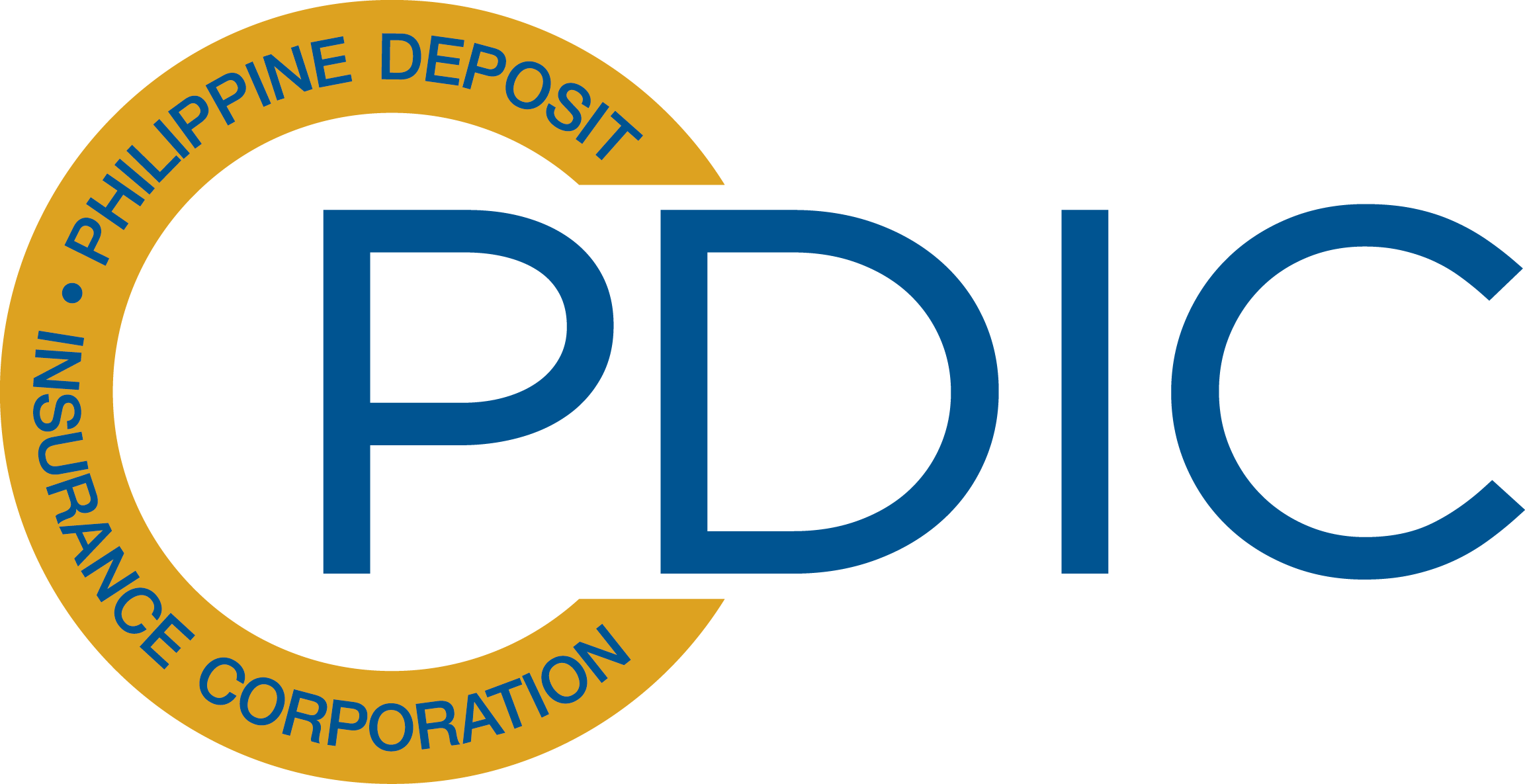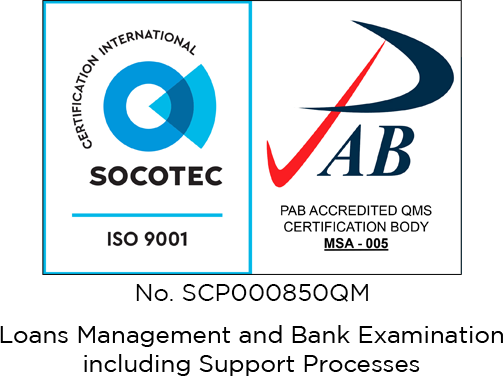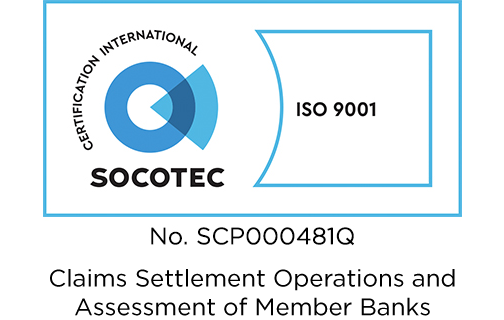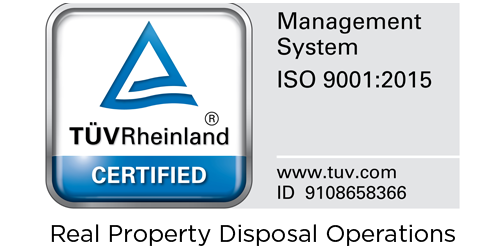| ARCHIVE |
IMF supports bridge bank, streamlining of bank closure processes |
The International Monetary Fund (IMF) has expressed support for the Philippine Deposit Insurance Corporation’s (PDIC) proposals for the scrapping of the 90-day rehabilitation window after bank closures and grant of bridge bank authority. In its latest Financial System Stability Assessment Update on the Philippines released this month, the IMF Monetary and Capital Markets and Asia and Pacific Departments recommended key measures to address most of the remaining constraints in regulation and to further strengthen the current prompt and corrective action (PCA) framework. In the short term, the IMF said that the conservator /receiver should be allowed to take full control to restructure a bank without shareholder approval. The IMF report said that the rehabilitation period allowed owners during receivership should be eliminated. In the medium term, it recommended the amendment of the law to provide for a bridge bank resolution mechanism. Short term refers to implementation in the next 12 to 18 months while medium term measures may be implemented within a 2-3 year period. The report also noted that financial regulators like the PDIC should be protected against litigation. PDIC President Jose C. Nograles welcomed the IMF report and said that it was timely in ushering in a second wave of legislative banking reforms after the passage of the amended deposit insurance law last year. The PDIC President said that bank rehabilitation should take place during the PCA period, when the bank is still in operation and not after closure. Under the present system, a bank found in early stages of distress and non-compliance with standard conditions and ratings is placed under PCA. When all options of rehabilitation have failed, the bank is ordered closed by the Monetary Board and placed under the receivership of PDIC. However, under existing regulations, PDIC may still accept rehabilitation proposals during the 90-day receivership period. Most of the proposals come from previous owners and stockholders of the closed banks. In case of third party investors, the concurrence of the bank’s shareholders is still required. Without the mandatory rehabilitation option after bank closure, PDIC can quickly undertake any of the three modes of liquidation namely: 1) purchase of assets and assumption of liabilities (P&A); 2) organize a bridge bank; and 3) outright sale of the closed bank’s assets (liquidation). With regard to the bridge bank authority, Nograles said that it was earlier proposed during the hearings on the PDIC Charter amendments and Congress’ bicameral conference committee was supportive of the proposals and suggested that the same be included in the amendments of the BSP Charter or the General Banking Act. A bridge bank refers to a temporary bank set up and operated to acquire assets and assume liabilities of a failed bank to facilitate its resolution. The bridge bank will be authorized to purchase assets, assume deposits, and other liabilities and perform banking functions. PDIC, as statutory receiver and liquidator of closed banks has proposed to undertake the aforementioned functions. Nograles said that a bridge bank will ensure that there will be no disruption in banking services hence, maintain depositor confidence. He stressed that bridge bank is a less costly alternative for the PDIC Deposit Insurance Fund (DIF) than payout. The DIF is the source of funds for payout operations when banks close. |
back |
This website uses information-gathering tools including cookies and other similar technology. Data generated are not shared with any other party. For more information, please refer to our privacy policy.
 PDIC is a government instrumentality created in 1963
PDIC is a government instrumentality created in 1963by virtue of Republic Act 3591, as amended, to insure
the deposits of all banks. PDIC exists to protect
depositors by providing deposit insurance coverage for the depositing public and help promote financial stability. PDIC is an attached agency of the Bangko Sentral ng Pilipinas.

Questions? Need Help?
Click Frequently Asked Questions
Trunkline.: (632) 8841-4000
Hotline: (632) 8841-4141
(for Metro Manila clients)
Fax No.: (632) 8841-4085
Email: pad@pdic.gov.ph
Client outside Metro Manila may call
Toll Free: 1-800-1-888-7342 or
1-800-1-888-PDIC

.png?Thursday; May 2, 2024)

Hotline: (632) 8841-4141
(for Metro Manila clients)
Fax No.: (632) 8841-4085
Email: pad@pdic.gov.ph
Client outside Metro Manila may call
Toll Free: 1-800-1-888-7342 or
1-800-1-888-PDIC

.jpeg)
.png)


